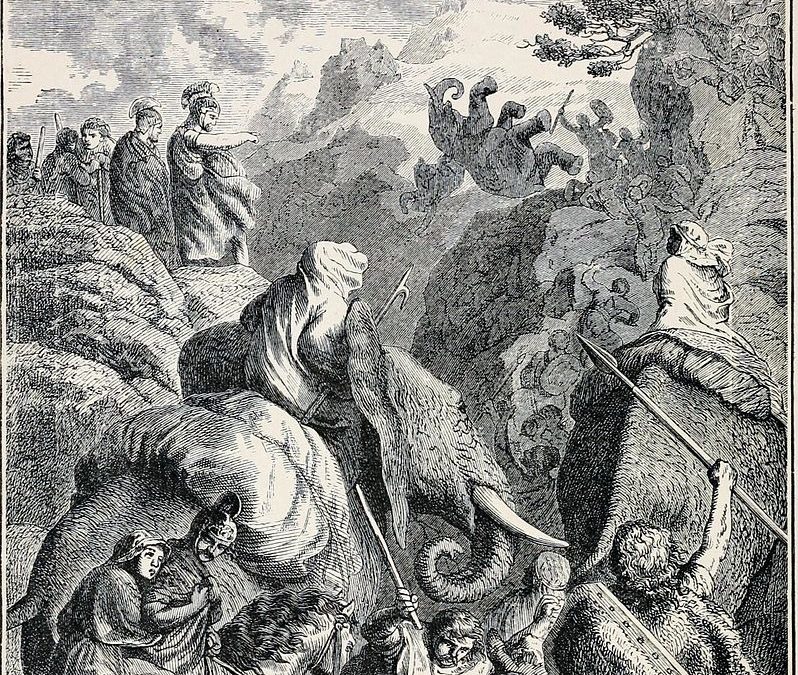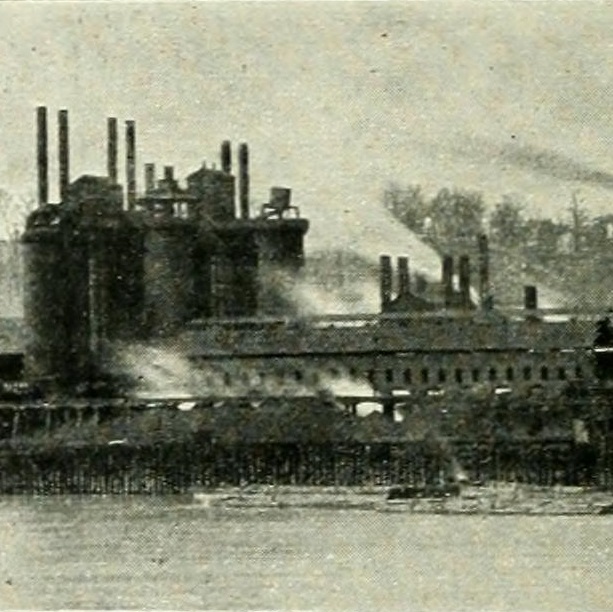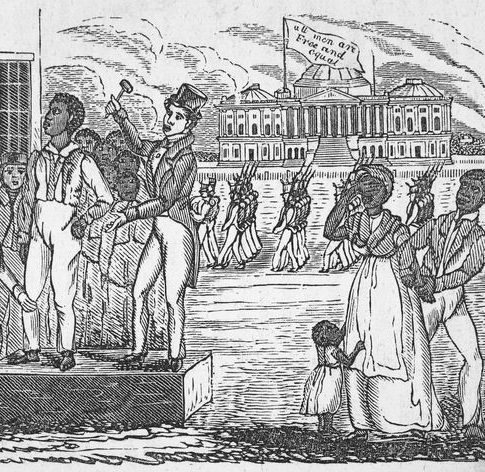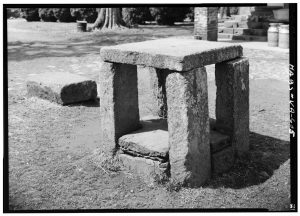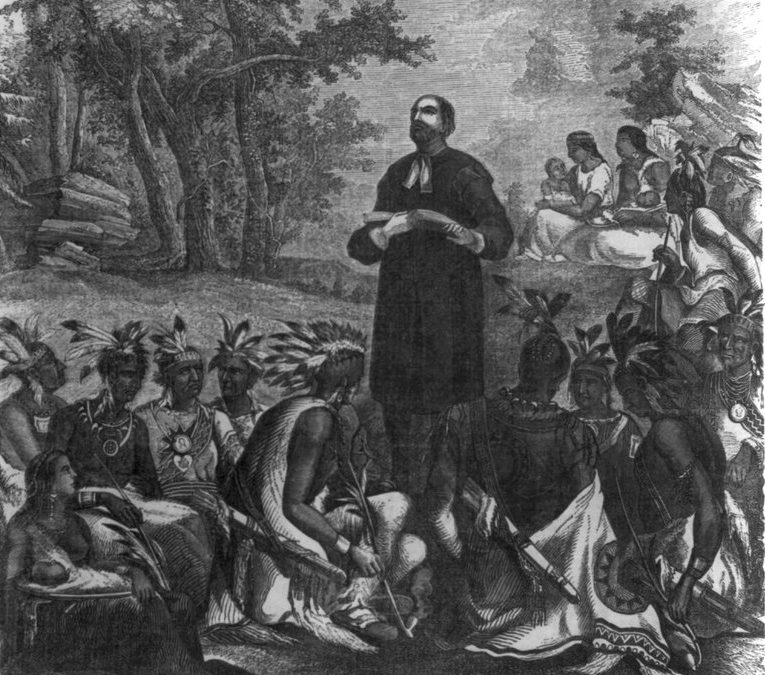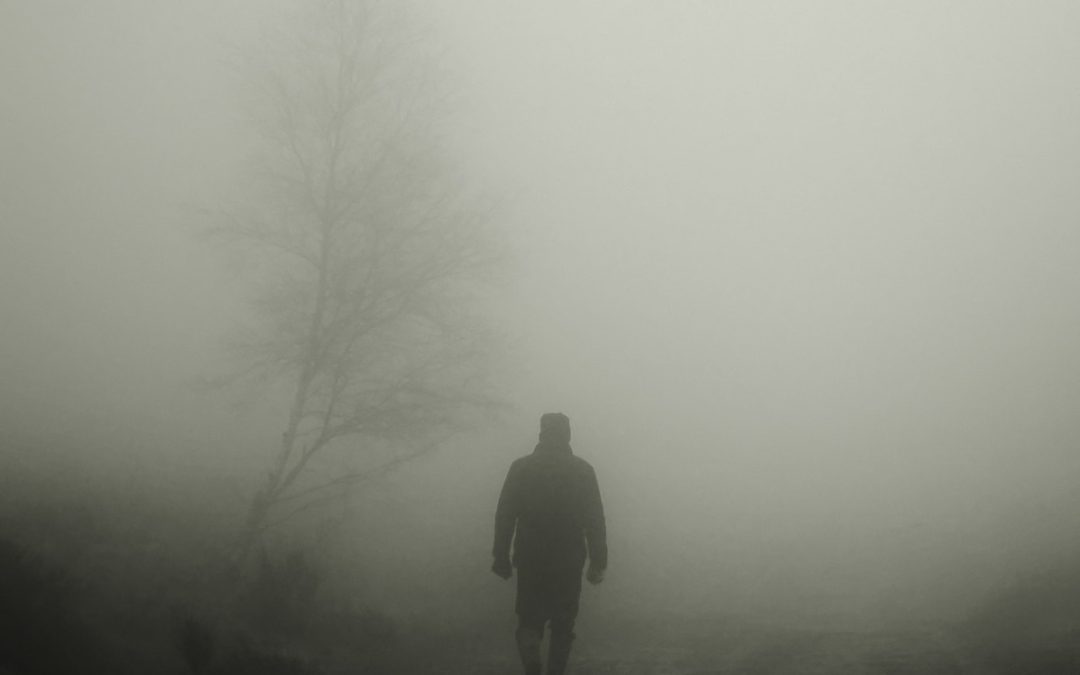
Book review: Cold Mountain
He writes prose like a poet…
Book review:
Cold Mountain
by Charles Frazier (b1950)
New York: Atlantic Monthly Press, 1997
356 pages
Winner of the U. S. National Book Award for Fiction
Cold Mountain is Frazier’s first novel. I expect that any writer who has read it has murmured many, many times: “I wish I’d written that.”
Most likely you know the plot of this abundantly appealing love story of the American Civil War: a narrative of a resilient, ingenuous maid with a poetic willingness to live a full life, and an honest, humane Confederate soldier who doggedly treks the length of North Carolina to get home to her. Both Ada and Inman touch and walk through a world that is richly colored and flamboyantly populated by Frazier’s imagination, and by his peerless command of the right words.
Cold Mountain reaches quite deep into the reader’s mind and heart. Frazier’s prose invites participation. I realized, near the end, that I was not reading the book. I experienced the book. It is a rare treat for a book lover.
Frazier’s vocabulary is abundant and provocative. For my taste, the characters of Veasey and Stobrod are elaborated just a bit too much, and I wouldn’t have minded knowing a bit more of Ruby’s innocent, boundless wisdom.
* * * * * *
Book review. Copyright © Richard Carl Subber 2019 All rights reserved.
Book review: The Cradle Place
by Thomas Lux
poems wrapped in a wet rag…
click here
–
In other words: Poems for your eyes and ears with 64 free verse and haiku poems,
and the rest of my poetry books are for sale on Amazon (paperback and Kindle)
and free in Kindle Unlimited, search Amazon for “Richard Carl Subber”
* * * * * *
